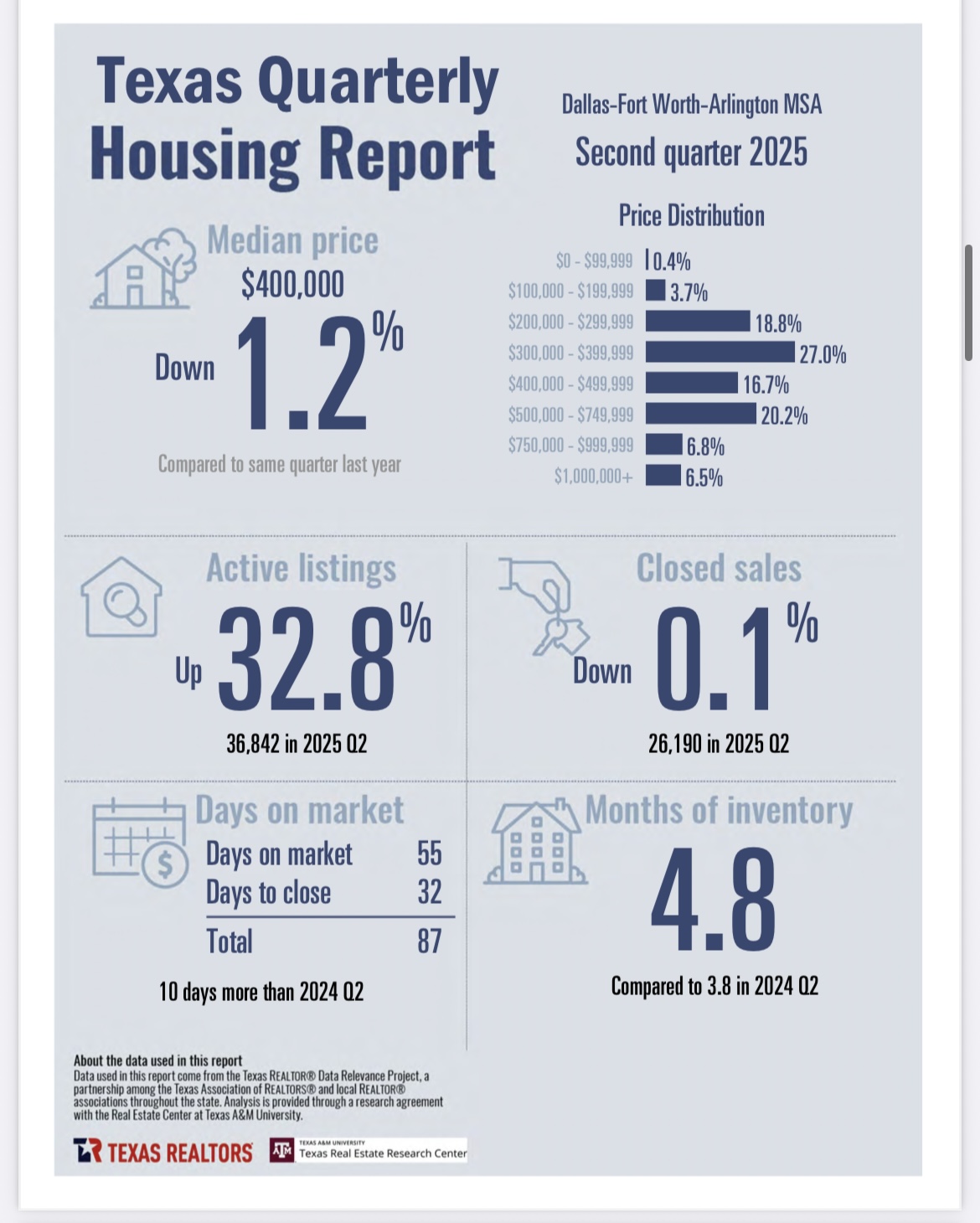 The History Of Labor Day. Labor Day, celebrated on the first Monday of September in the United States, honors the contributions and achievements of American workers. Its roots trace back to the late 19th century, a time of rapid industrialization, when laborers often faced harsh working conditions, long hours, and minimal pay. In response, labor unions formed to advocate for better treatment, fair wages, and safer workplaces.
The History Of Labor Day. Labor Day, celebrated on the first Monday of September in the United States, honors the contributions and achievements of American workers. Its roots trace back to the late 19th century, a time of rapid industrialization, when laborers often faced harsh working conditions, long hours, and minimal pay. In response, labor unions formed to advocate for better treatment, fair wages, and safer workplaces.
The idea for a national holiday to recognize workers is credited to either Peter J. McGuire, co-founder of the American Federation of Labor, or Matthew Maguire, a machinist and union leader. The first official Labor Day celebration took place on September 5, 1882, in New York City, organized by the Central Labor Union. Thousands of workers marched in a parade and participated in picnics and speeches.
Momentum grew as more states adopted the holiday. Following the violent Pullman Strike in 1894, where federal troops were deployed against railway workers, President Grover Cleveland signed Labor Day into law to promote reconciliation with the labor movement. Since then, Labor Day has evolved into a nationwide celebration, often marking the end of summer with parades, barbecues, and retail sales, while still serving as a reminder of workers’ vital role in building the nation.

 Debbie Murray Is A Master Certified Negotiation Expert.
Debbie Murray Is A Master Certified Negotiation Expert. Texas Quarterly Housing Report Second Quarter 2025. Contact Texas Associate Broker
Texas Quarterly Housing Report Second Quarter 2025. Contact Texas Associate Broker  2812 Thomas Ave. #A Just Listed In
2812 Thomas Ave. #A Just Listed In  July 2025 Stats. Texas Associate Broker Debbie Murray at Allie Beth Allman & Associates has 26 years of Dallas area residential expertise. Contact her today to buy or sell your next home at 214-558-1004.
July 2025 Stats. Texas Associate Broker Debbie Murray at Allie Beth Allman & Associates has 26 years of Dallas area residential expertise. Contact her today to buy or sell your next home at 214-558-1004. Frisco And McKinney Rank In Top 10 Safest US Cities 2025 per SmartAsset.com. “This is not the first year Frisco has ranked in the top 10”, says Texas Associate Broker Debbie Murray at Allie Beth Allman & Associates. “In 2023, Frisco was ranked the #1 safest US city by Smart Asset”.
Frisco And McKinney Rank In Top 10 Safest US Cities 2025 per SmartAsset.com. “This is not the first year Frisco has ranked in the top 10”, says Texas Associate Broker Debbie Murray at Allie Beth Allman & Associates. “In 2023, Frisco was ranked the #1 safest US city by Smart Asset”. DFW Restaurant Week August 2025. The 2025 DFW Restaurant Week is coming soon with over 125 restaurants participating in Dallas, Tarrant, Collin, and Denton Counties. Per dfwrestaurantweek.com the following information is available:
DFW Restaurant Week August 2025. The 2025 DFW Restaurant Week is coming soon with over 125 restaurants participating in Dallas, Tarrant, Collin, and Denton Counties. Per dfwrestaurantweek.com the following information is available:
 Listed And Sold. Texas Associate Broker
Listed And Sold. Texas Associate Broker  Listed And Sold. Texas Associate Broker
Listed And Sold. Texas Associate Broker